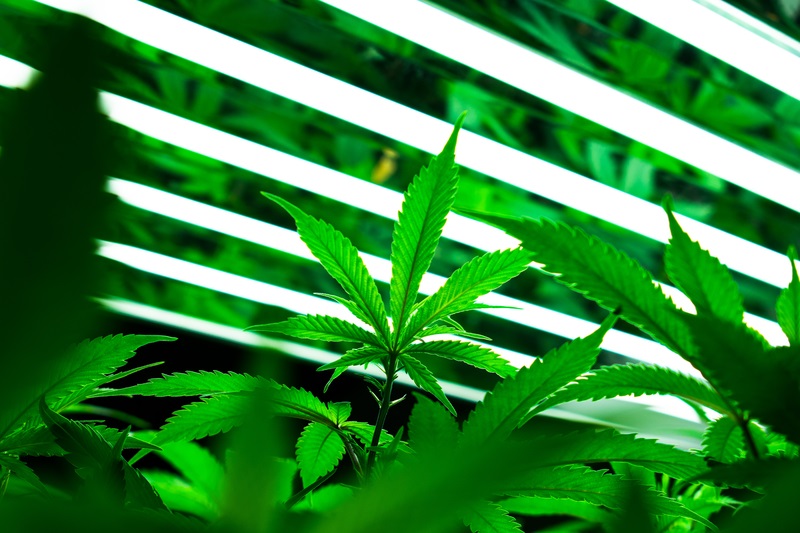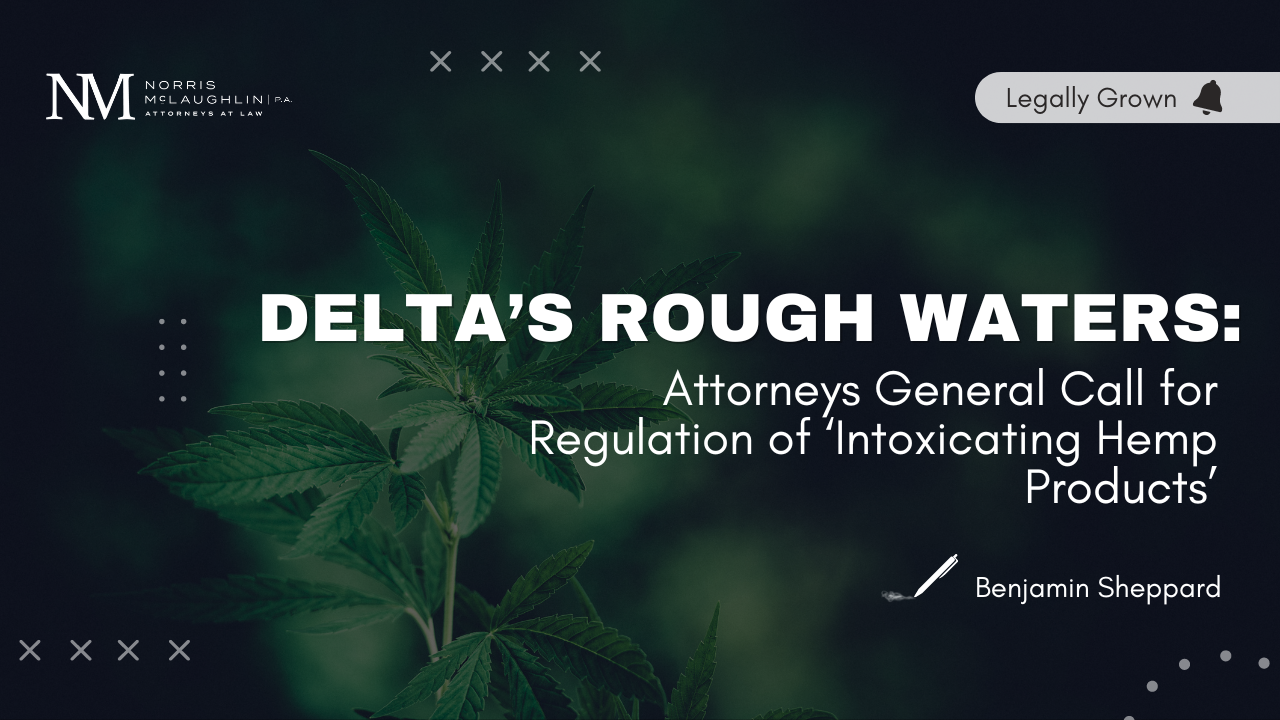Trucker Arrested for Industrial Hemp Transportation Demonstrates Legal Implications for the Future of Cannabis Enforcement and Testing

By now some of you may have heard about the truck driver that was arrested for transporting nearly 7,000 pounds of industrial hemp in the truck he was hauling from Oregon to Colorado. This simple case presents critically important legal and technological issues that will likely plague the legal cannabis industry for years to come: enforcement and testing.
On January 24, a truck driver hauling nearly 7,000 pounds of industrial hemp was detained in Idaho on a routine maintenance stop. The hemp in his cargo was reportedly intended to be used in the production of CBD by a company in Colorado. The officer checked the bill of lading and noticed that the driver was hauling “Industrial Hemp.” According to reports, the officer’s “training” taught him to look further into the cargo. He also allegedly smelled the odor of marijuana.
The officer ended up testing the shipment for THC, which returned a positive result. K-9 dogs also positively responded to the cargo. According to the company who purchased the hemp, the plants were all tested at the farm from which they were purchased and contained approximately 0.043% THC, which would legally qualify the plant as industrial hemp under the 2018 Farm Bill. As we previously wrote here, the 2018 Farm Bill was signed into law and effectively made the possession and transport of industrial hemp legal under federal law. Nevertheless, the truck driver was arrested by Idaho State Police for transportation of the plant and now reportedly faces a minimum of five years in prison under Idaho law. The company also filed a civil suit for the return of its hemp.
There is so much to unpack in just this one arrest and seizure. It represents the unique and precarious tension that cannabis businesses face relating to interstate commerce, federalism, law enforcement, and scientific testing. The Idaho State Police has taken the position that any product containing any amount of THC is illegal to possess, even if it qualifies as industrial hemp under federal law. The propriety of this assertion and the constitutional basis for challenging this position will be discussed in my next blog post. For now, I will focus on the immediate issues that this truck driver and the company face.
Obviously, the driver will want to prove that the substance he was carrying was industrial hemp and not “marijuana,” but he will also likely attack both the Idaho State Police’s enforcement and testing practice. The two most obvious legal challenges for him to bring forward on these grounds are: (1) the officer’s conduct in performing the type of search and testing that he did; and (2) the technological adequacy of the test being performed on the plant (assuming that it is admissible).
There are several legal questions relating to the officer’s conduct. Was he justified in performing the search when the trucker showed a legal substance on the bill of lading? Was his detection of the odor of “marijuana” sufficient to justify the search? What is the officer’s training in the detection of marijuana v. industrial hemp? Are the K-9 dogs capable of detecting the distinction between marijuana and industrial hemp?
These are practical questions that need to be answered during the criminal trial and the company’s civil suit. But this is also a cautionary tale about the future of the cannabis industry. As New Jersey and New York race to pass adult-use marijuana legislation, it is difficult to foresee in the near term any sort of nationwide cannabis industry without rigorous enforcement and testing at both the state and federal levels.
As it relates to testing, there is a critical need for sophisticated testing to determine whether a plant is industrial hemp or marijuana. The difference between 0.3% and 0.4% THC is the difference between legal and illegal conduct. If 0.1% THC means that much, then testing relied on by industry participants and law enforcement must be adequate. Here, however, the Spokesman for the Idaho State Police did not even tell reporters what percentage of THC the field test used can detect. As far as we know, the test could have positively identified a mere 0.043% THC.
Furthermore, the spokesman did not say whether the K-9s had been trained in the detection of industrial hemp versus marijuana. Presumably, they cannot because the plants apparently smell nearly identical.
But this issue is also larger than the legal cases involved here. This case also foreshadows several years of headaches for cannabis business owners relating to testing and compliance. Under the patchwork framework of cannabis legislation at a state and federal level, testing will likely be one of the most critical and contentious aspects of the cannabis industry. Testing will have to be used to determine the THC or CBD content of the plant, how that content can most effectively be grown, produced, and distilled for the treatment of specific illnesses, or how it can affect the potency of the “high” in a state where adult-use is legal. Or where, when, and how the product can be sold, shipped, possessed and used by the end user, regardless of whether it contains THC or CBD. And inevitably, there will be disputes on all sides about the results of testing, the adequacy of the test, and the reliability of the results.
Any prudent cannabis business owner, or someone who is thinking of entering the field, should be cognizant of these important issues and have diligent counsel who can guide them through these challenges that their business may face. We here at Norris McLaughlin are ready to help you if and when you need it.
If you have any questions regarding this post or any other related matters, please feel free to email me at ealvarez@norris-law.com.



